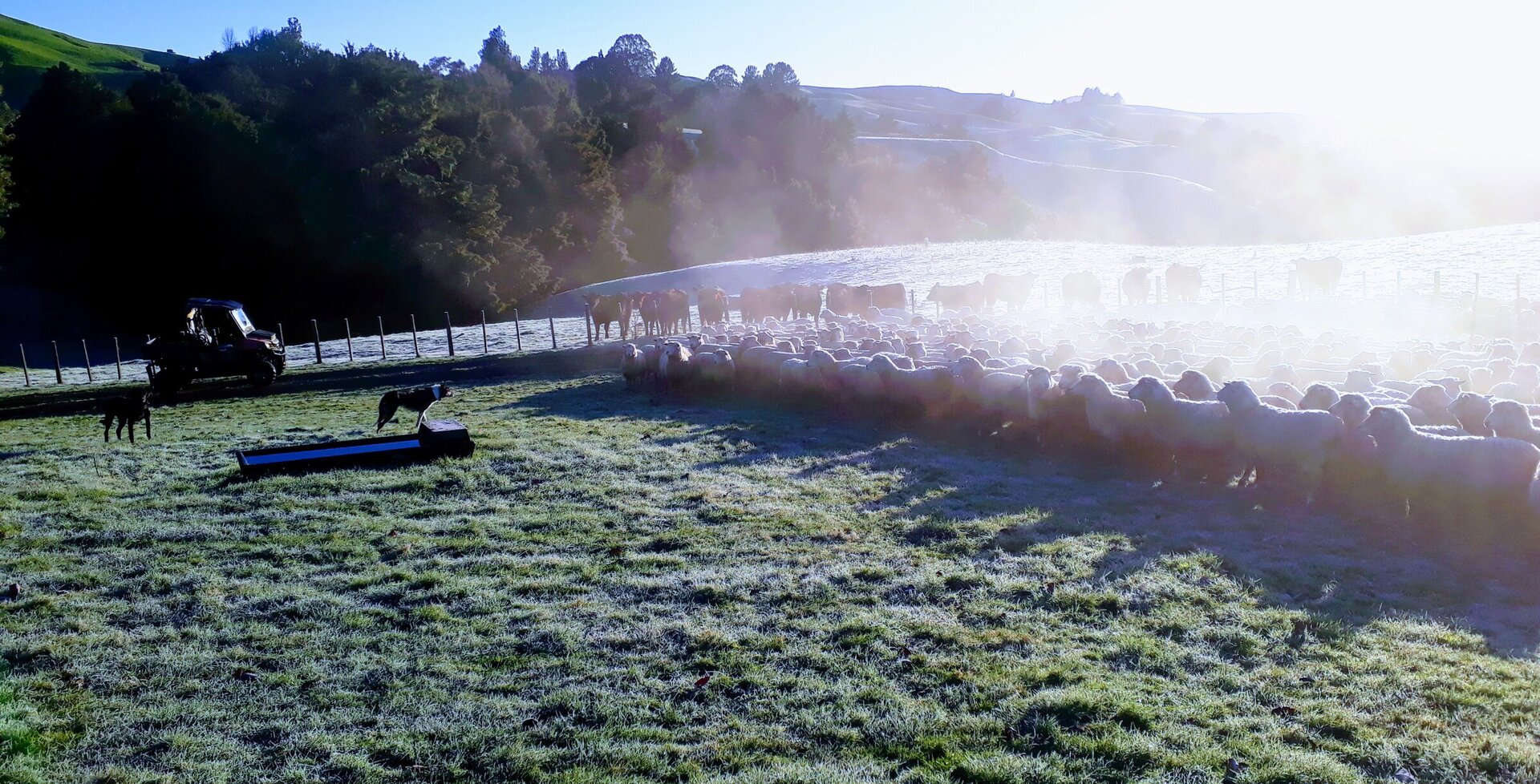The History of Rotomate
Rotomate lies next to the magnificent Mangaotaki River in the Waitanguru District. Just a short 6km drive from the small town of Piopio. In a small town of 400 people, the village of Piopio punches well above its weight. It also services a wide rural area in the mighty King Country. The town has all the general necessities, as well as a café, gastro pub, boat builder, a boutique home design and furniture store and a state of the art Dental Practice. (www.piopiodental.co.nz)
The Waitanguru district was settled in 1902 with Rotomate being part of the initial 7,100 ha offered for ballot. The Waitanguru village however wasn’t settled until 1911. The area was heavily forested with dense undergrowth and unforgiving vines. This made initial farm development work extremely hard and slow going.
World War One saw many of the young men head off to war. This was a setback for the newly developed area with regeneration happening fast. Many did however return to their blocks to continue the development after the war. Unfortunately, the great depression of the 1930’s caused many to walk away from their farms. Rotomate was one of these.
In 1941 Dick and Mona Tatham purchased Rotomate from Dalgety’s, who had repossessed the farm during the depression. Dick and Mona had been farming at Waikawau on Mona’s parents’ farm. Mona’s parents, the Kellys, were the first European farmers to settle in Waikawau.
When Dick first arrived in Piopio, he asked the local Kaumatua what the farm was called. He was informed that it was called Rotomate. It was named after a large area of the farm that turned into a lake after heavy rain and then dried up as quickly as it formed. Hence Roto meaning Lake and Mate meaning dead or dry.
The farm was in a very run-down state with no vehicle access to the house and sheep sleeping in the bedrooms. It did have electricity however, which was a real luxury for Mona. The farm was covered in charred logs and much of the cleared land was reverting to manuka and fern. Dick and Mona also brought three young daughters with them, Betty, Peggy and Janet. Later Barrie would turn up to complete the family.
The farm was slowly cut, burned, and reseeded all by hand. Dick was well ahead of his time however, as he left many areas that had originally been cleared to regenerate. This has resulted in some spectacular scenery and with ongoing pest control, an abundance of bird life. Dick and Mona continued to farm the property until their son Barrie took over in 1969.
Dick and Mona moved off the farm in 1964 to their retirement farm at Ti-Point north of Auckland. In 1971 Barrie married Jude Carter and subsequently had two daughters Kim and Lee.
Barrie continued to develop the property with continued subdivision, races, water systems, fencing off bush, and retiring wetlands and streams. Barrie also established a planting program planting over 20,000 trees. This was done at a time when many were still actively clearing bush. He had an emphasis on sustainable farming well before it became fashionable. In 2001 Barrie and Jude won the Environment Waikato Dry Stock Farm of the Year award. An award that they are extremely proud of and is a testament to their hard work.
In 2012 Kim her husband Mat Sherriff and their young children Max and Zoe returned to Rotomate to take over the running of the property. In 2015 Mat and Kim purchased the neighbouring property Pahirere off Rodger and Margret Paine. They then purchased Rotomate off Barrie and Jude in 2019. Mat and Kim are continuing the sustainable farming focus and have increased the planting program. They are continuing to retire and plant marginal areas. To date 7500 trees having been planted in the last 5 years.
In 2019 another step forward was made with Mat deciding the time was right to build a new woolshed. The 80-year-old one had done its dash. After a few building issues and Covid disruptions the new woolshed was finished in November 2020. It was built a little bit differently. It boasts a state-of-the-art audio-visual system, spectacular views from the deck, tea and coffee facilities, staff room, toilets, and an office. It is set up to be used as a function centre when not in use as a working woolshed.
In 2021 Barrie and Jude made the tough decision to move off the farm, Barrie having lived in the same house all his life. The homestead, with its expansive perfectly groomed gardens, is now used as luxury accommodation. The Homestead accommodation can be used on its own or in conjunction with the woolshed and/or other on farm event locations. So, another chapter begins in the ever-evolving life of Rotomate.

